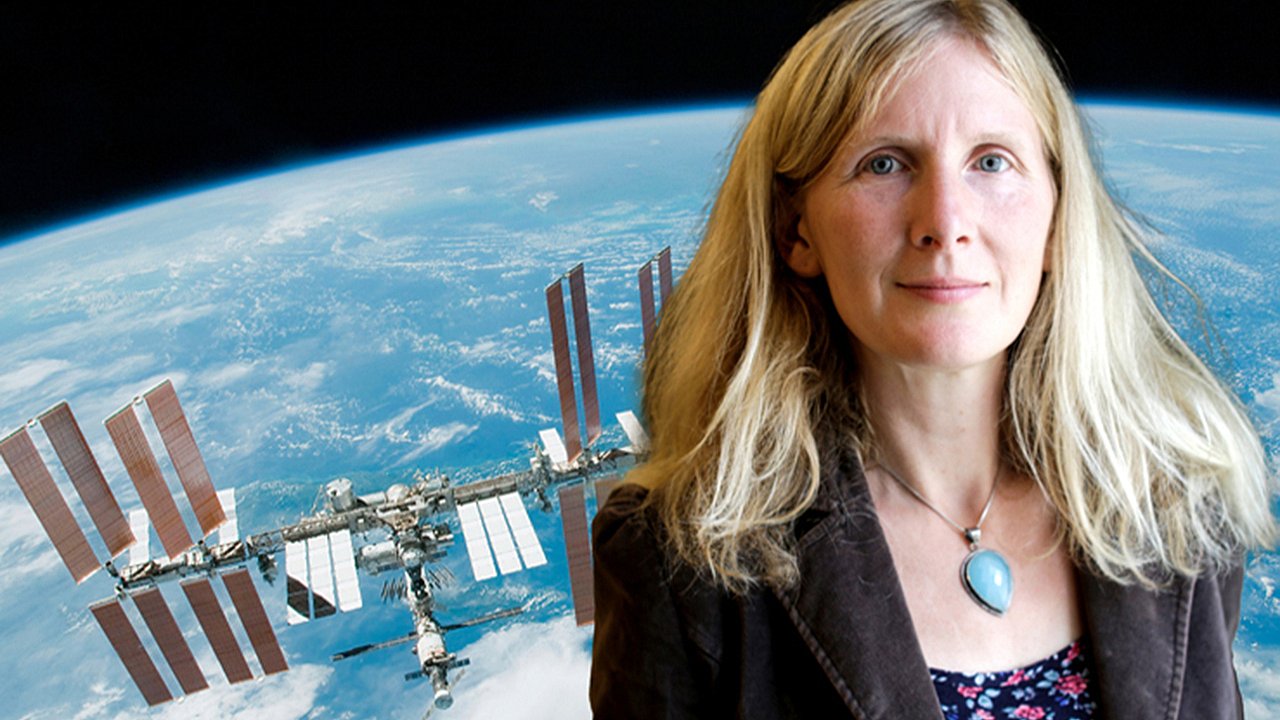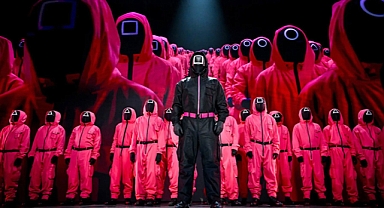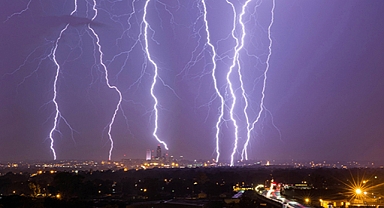The 136-page book, written during pandemic lockdowns, conveys the sense of isolation shared by many during that time, blending elements of nature writing with the vastness of space. Chair of the Booker judges Edmund de Waal praised Orbital for its lyrical style and powerful commentary on the human experience. The Booker Prize is one of the most esteemed literary awards, open to works in English by authors worldwide.British author Samantha Harvey has clinched the 2024 Booker Prize for her novel Orbital, marking a historic moment as the first space-set book to win the prestigious award. Orbital provides a contemplative view of Earth through the eyes of a team of astronauts aboard the International Space Station.The novel has garnered significant popularity, becoming the best-selling title on the 2024 Booker shortlist in the UK, and surpassing the combined sales of the past three Booker winners leading up to the announcement. Harvey, the first female Booker winner since 2019, accepted her £50,000 prize at a ceremony at London's Old Billingsgate. In her acceptance speech, she dedicated her win "to all those who speak for and not against the earth, and work for and not against peace."Reflecting on her own journey in writing Orbital, Harvey admitted she questioned whether she had the "authority" to write about space from her desk in Wiltshire, wondering why readers would be interested in her perspective when others had experienced space firsthand. But ultimately, her unique take on this cosmic setting and the experience of isolation resonated with readers and judges alike.Edmund de Waal, chair of the Booker judges, lauded Orbital as a "book about a wounded world," commending its lyrical beauty and ambition. He highlighted Harvey’s exceptional use of language, which he described as a "language of lyricism."Harvey describes Orbital as a "space pastoral," blending elements of nature writing with an exploration of the awe and solitude of space. The novel unfolds over just 24 hours, during which six astronauts and cosmonauts witness 16 sunrises and 16 sunsets, passing over diverse landscapes, glaciers, deserts, mountains, and oceans below. At 136 pages, Orbital is the second-shortest book to receive the Booker Prize, and the shortest since Penelope Fitzgerald’s Offshore, which won in 1979 with 132 pages.During an interview with BBC Radio 4’s Front Row, Harvey explained that Orbital was written during pandemic lockdowns and echoed the experience of confinement. “I was writing about six people trapped in a tin can,” she said, noting the connection to the shared lockdown experience of “not being able to escape each other and also not being able to reach others.”Harvey, who was previously longlisted for the Booker Prize in 2009 with her debut novel The Wilderness, joins a distinguished lineup of past winners, including Margaret Atwood, Hilary Mantel, Bernardine Evaristo, and Salman Rushdie.The 2024 Booker shortlist featured five women out of six nominees, marking the highest female representation in the award's 55-year history. This year’s shortlisted books included:
- James by Percival Everett (US)
- Creation Lake by Rachel Kushner (US)
- Held by Anne Michaels (Canada)
- The Safekeep by Yael van der Wouden (Netherlands)
- Stone Yard Devotion by Charlotte Wood (Australia)








